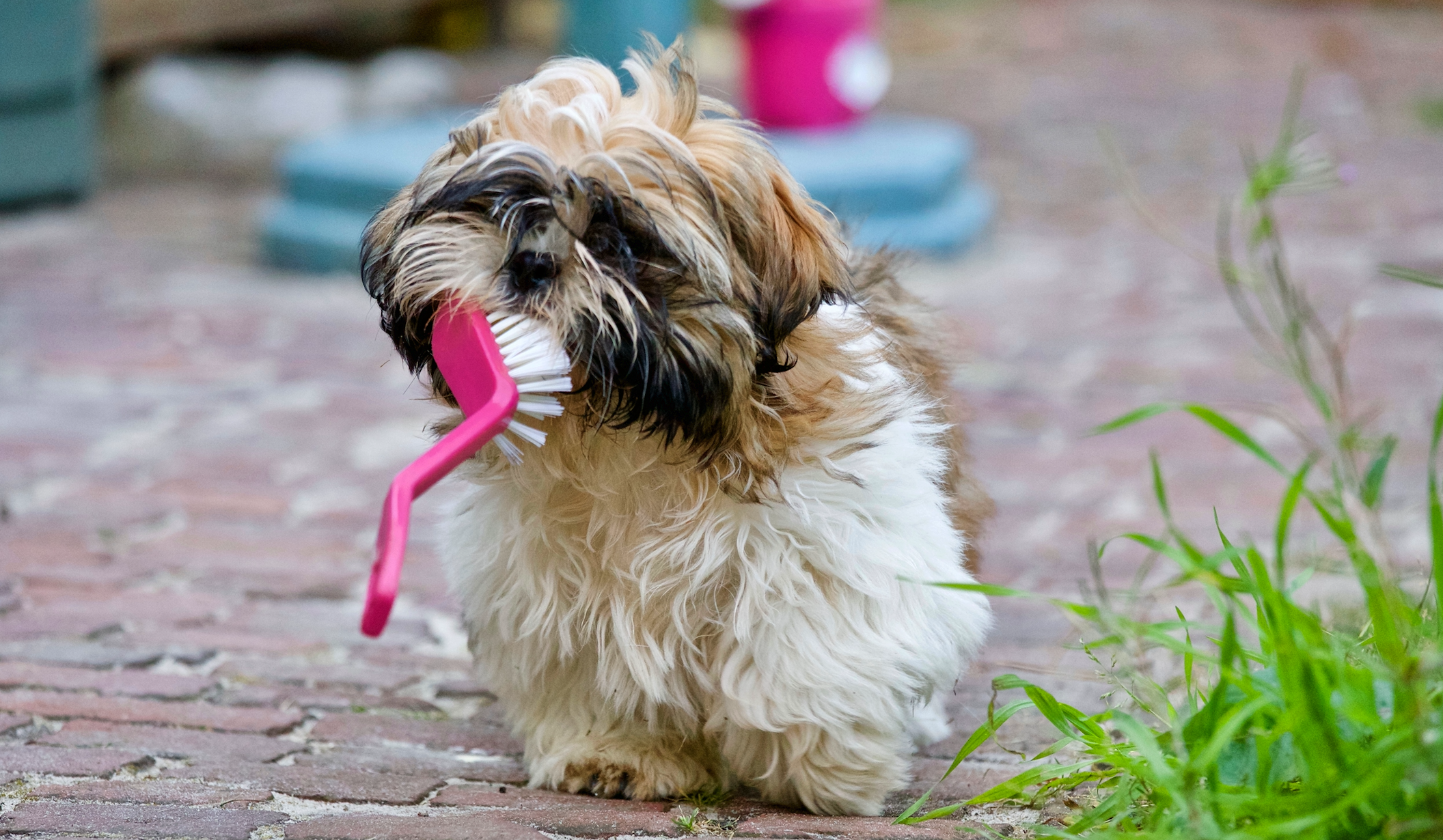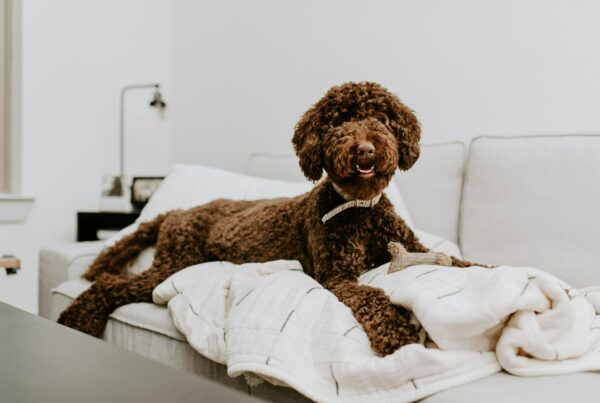One often overlooked aspect of caring for a dog is oral hygiene. According to the Animal Medical Center in New York, 85 percent of dogs aged 3 and above have some kind of dental issue that would need professional assistance. Unlike humans, dental hygiene isn’t exactly something that dogs care to think about. This can pose a problem for dog owners because dogs don’t necessarily tell their owners when something is wrong and when they do try to communicate, humans can’t exactly understand what all those barks mean.
Is The Dog Unwell?
It can be difficult to find a dog’s mouth that smells pleasant, so bad breath shouldn’t necessarily be the first sign you pick up on. Dogs put everything in their mouths and in addition to the food they eat (which humans don’t necessarily consider fragrant), it could be hard to tell if something is wrong with a pooch’s mouth based on smell. Often times, oral issues can be detected once a dog begins to lose their teeth, show physical signs of infection such as bleeding or has a sudden change in behavior such as not eating as much and being less energetic.
Doggie Stomach & Digestion
Just like with human’s bad breath, mouth odor can be an indication of your pet’s overall health – particularly their digestive track. Dogs digestive health is even more critical in the role of health than their human counterparts. There are many dogs are that succeptible to sensitive stomach issues. As great dog parents, you want to make sure that your pup is getting nurition from the food you’re feeding your pup- so bad breath can be an indicator that your pup is not getting the nutritional needs he/she requires.
Regular Brushing
When a person loses a tooth, dental implants are a viable solution, but for dogs the best bet is to focus on caring for the gums and looking after the existing teeth. Regular dental maintenance is a necessity. The most obvious thing that a dog owner can do is to brush their dog’s teeth daily. Easier said than done since dogs need to be trained into liking having their teeth brushed. This gets harder as the dog gets older so better start while they’re pups. Note that human toothpaste won’t work in this scenario because of two things: dogs won’t spit out the toothpaste which can cause stomach problems AND they might not know how to react to the minty cold and hot toothpaste flavors.
Chew Treats
Another option is to have them chew at dental care treats. There are even some doggy breath mints that come in the form of chewable treats. One last option might seem counter-intuitive but it does make sense: give them toys and other semi-hard things to chew on like knuckle bones. These materials are hard and should be bumpy enough to scrape away any nasty things on their teeth while being soft enough to not cause any tooth fractures while your pup chews away. Contrary to what the pet industry tells you that kibble is good for your dogs teeth, a toy that address tarter build up makes more sense, doesn’t it?
If you’re already taking care of your dog’s dental health, then consider this a nice refresher and a pat on a back for being a stellar pawrent. If you haven’t really thought about your dog’s dental health that much, then don’t feel bad because you are not alone. At least now you know what you can do to keep your dog’s mouth healthy.
Oral Breath Sprays
One newer to the market product that many pet owners are now utizing are breath sprays to help rid the teeth of plaque. These products are useful if your pet has tarter build up or refuses to let you put a toothbrush in his/her mouth!
Doggie Daycare
Did you know that your dog will salivate more when they are in social situation? Dogs that go to daycare 1-2 times per week have better oral hygiene due to salivating more! If you have a dog that is not too friend, you can join a monthly meet up or join a neighborhood pet community where dogs are with their owners in a social environment / dog friendly event space.
This article was contributed by Jane Wood.




